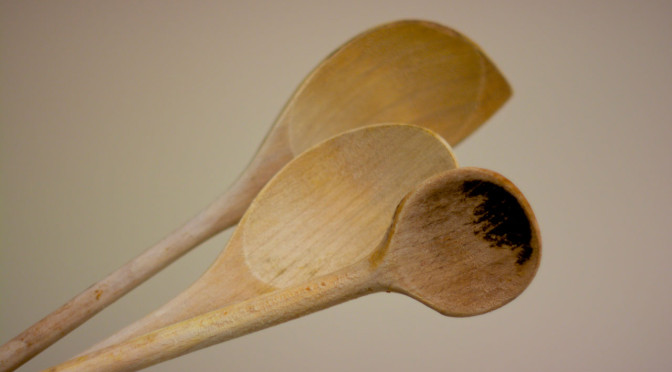Tricky thing, language.
Imagine that there was a communication tool that had an almost magical hold over learners of all ages and cultures.
Imagine how useful such a technique would be.
Imagine how frustrating it would be when working with science teachers, researchers and communicators not to be able to properly discuss this silver bullet. All because of the associations evoked whenever you simply mention its name.
Story.
There. I said it. What does it make you think of?
On the face of it stories can seem the antithesis of science. In my training courses I hear recurring objections. Stories are works of fiction. I can’t tell stories. Stories are childish. Stories over-simplify. Stories manipulate. I used to share much of this baggage about stories too.
Yet whether you’re trying to interest, explain, convince, or create memories, stories are unreasonably effective to the human brain. Yes, it isn’t fair.
When engaging non-specialists stories win. Always.
Get over it. Use it.
So what do I mean by “story”? Most formal definitions of story come down to:
“A sequence of events in which characters you care about face obstacles in trying to reach their goals.”
If you unpack this bland definition the secrets of narrative spill out.
Characters. Empathy. Curiosity. Conflict. Escalation. Resolution.
These are the irresistible ingredients we all crave when we try to make sense of our world. The deceptively simple power of stories lies in the many different ways that you can cook these elements together within the potency of the story framework.
Fundamentally, story is about structure, not about content.
- How can you craft your demo into an edge-of-the-seat conflict between you and your telegraphed outcome?
- Does your lesson or show flow as a gripping narrative journey, or are you just telling ’em what you’re going tell ’em, telling ’em, and then telling ’em what you’ve told them?
- How can you share the roller-coaster of pain and joy scientists felt in making this discovery?
- What’s the human story behind your fascination in this topic?
- How can you reveal the awe-inspiring meta-stories of science – the overarching concepts that unify seemingly diverse contexts, the deep process ideas which underpin science as a way of searching for patterns?
I’m not arguing for everything to be communicated through story, but rather that stories are the most powerful known structure through which to communicate ideas.
What I’m asking is to give stories a chance.


